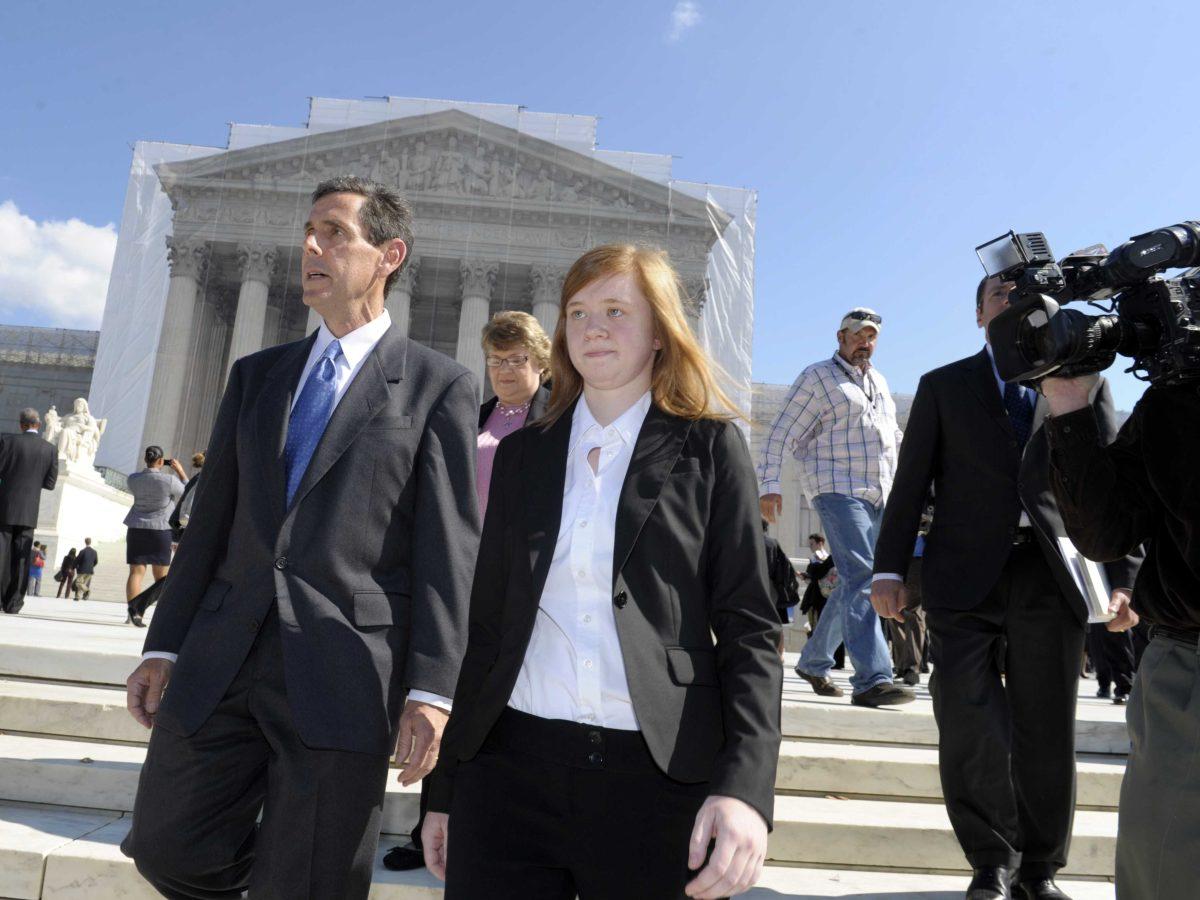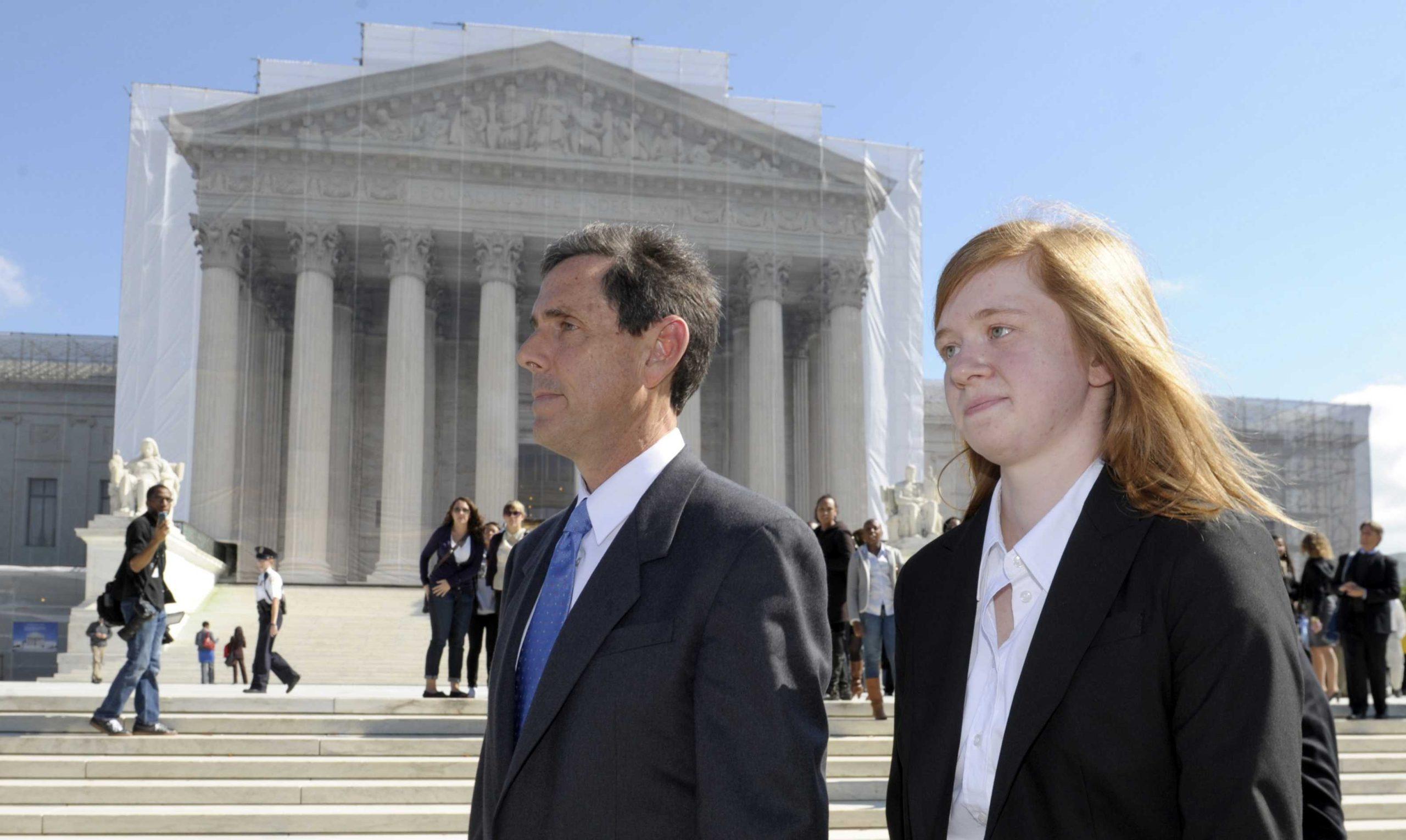The Supreme Court heard arguments Wednesday on the University of Texas at Austin’s use of racial preferences in a case brought against UT by LSU alumna Abigail Fisher.
Fisher — who graduated from LSU in May — brought her lawsuit against UT in 2008 after she said she was denied admission to the university for being white. All students, regardless of race, are admitted to Texas’s public universities if they graduate in the top 10 percent of their high school class.
Fisher was not in that group and was subjected to normal admission standards, which includes race as part of universities’ right to affirmative action, the ability of an institution to take race, sex and religion among other classifications to ensure diversity.
With her lawsuit, the right of universities to use affirmative action hangs in the balance of whether the Supreme Court will side with UT or Fisher.
Conservative judges on the Supreme Court, who may control five of the nine votes, were displeased with the current standards for achieving diversity at universities.
Justice Anthony Kennedy questioned what determined the numerical targets or quotas of minority students.
Some justices also questioned how universities can determine who to choose between two equally qualified minority students — such as between a black and Hispanic student.
“What does the racial preference mean if it doesn’t mean that in that situation the minority applicant wins and the other one loses?” Justice Antonin Scalia asked the Court, according to the court transcript.
Justice Sonia Sotomayor disagreed, saying the top-10-percent program treats everyone equally and after that cutoff, there are no two indistinguishable applicants.
“The factors are so varied, so contextually set, that no two applicants ever could be identical in the sense that they hypothesize,” she said, according to the court transcript.
Some of the liberal justices also said a new ruling changing the law laid out in Grutter v. Bollinger — a 2003 case in which the Supreme Court endorsed the right of universities to assemble a varied student body — could cause trouble for district courts across the country to interpret the law.
“Why overrule a case into which so much thought and effort went and so many people across the country have depended on?” Justice Stephen Breyer asked.
After the Supreme Court hearing, Fisher addressed the media, saying, “My parents always taught me that it is wrong to discriminate. I hope the Supreme Court will decide that all future University of Texas applicants will compete without their race or ethnicity used in the school’s admissions process.”
UT has told the media previously that Fisher would not have been admitted to the university regardless of race.
UT’s president Bill Powers told USA Today a ruling against UT “would be a setback for the university and society.”
With four justices openly opposing using race in admissions, and Justice Kennedy expressing skepticism over what constitutes a diverse student body, the vote may go in Fisher’s favor.









